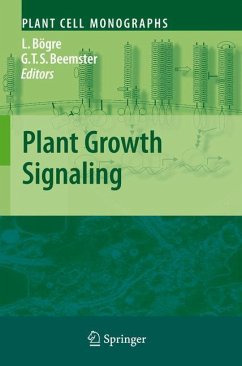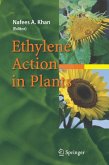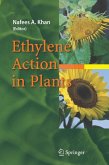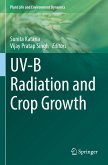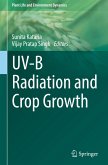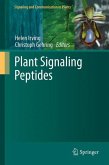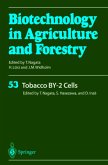Plant growth is of great economical and intellectual interest. Plants are the basis of our living environment, the production of our food and a myriad of plant-based natural products. Plant bio-mass is also becoming an important renewable energy resource.
Agricultural plant cultivation and breeding programs have altered plant productivity and yield parameters extensively, yet the principles and underlying mechanisms are not well understood. At the cellular level, growth is the result of only two processes, cell division and cell expansion, but these two processes are controlled by intertwined signaling cascades and regulatory mechanisms forming complex regulatory networks. Ultimately this network is what plant scientists are trying to unravel.
The sequencing of model and agronomically important plant genomes allows complete insight into the molecular components involved in each process. Methods to quantify the molecular changes, image growth processes and reconstruct growth regulatory networks are rapidly developing. This knowledge should help to elucidate key regulators and to design methods to engineer plant architecture and growth parameters for future human needs. This volume gives a comprehensive overview of what is known about plant growth regulation and growth restraints due to environmental conditions and should allow readers at all levels an entry into this exiting field of research.
Agricultural plant cultivation and breeding programs have altered plant productivity and yield parameters extensively, yet the principles and underlying mechanisms are not well understood. At the cellular level, growth is the result of only two processes, cell division and cell expansion, but these two processes are controlled by intertwined signaling cascades and regulatory mechanisms forming complex regulatory networks. Ultimately this network is what plant scientists are trying to unravel.
The sequencing of model and agronomically important plant genomes allows complete insight into the molecular components involved in each process. Methods to quantify the molecular changes, image growth processes and reconstruct growth regulatory networks are rapidly developing. This knowledge should help to elucidate key regulators and to design methods to engineer plant architecture and growth parameters for future human needs. This volume gives a comprehensive overview of what is known about plant growth regulation and growth restraints due to environmental conditions and should allow readers at all levels an entry into this exiting field of research.

